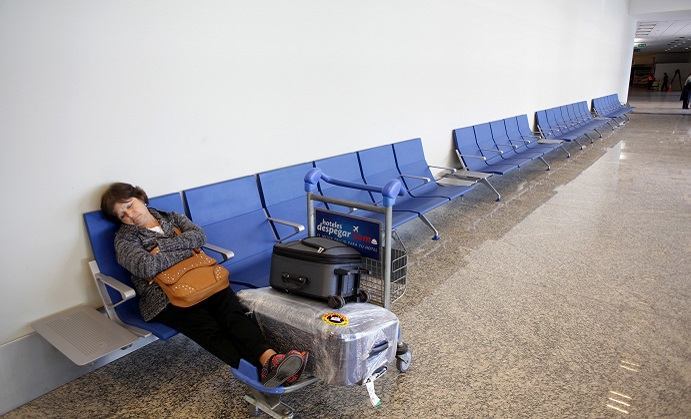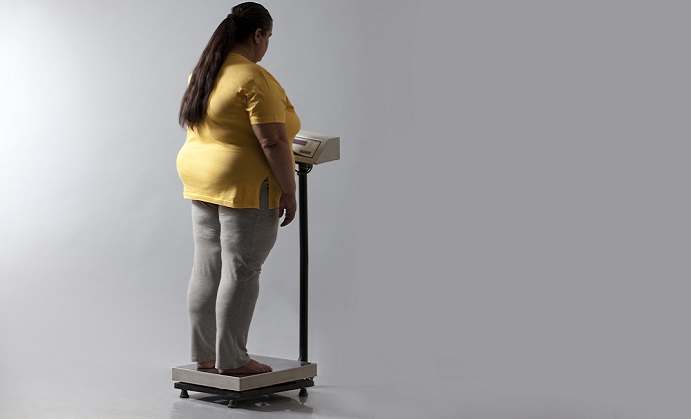If you travel to a different time zone there can be a discrepancy in the internal clock of your body and it would require readjusting to the new time zone. This can give rise to various symptoms and all of them combined are known as jet lag. Jet lag has many effects on the human health and the most common one is headache and fatigue. It can also cause a difficulty in sleeping but jet lag also depends upon the direction in which you are traveling.
 If you are traveling from south to west then you are not going to suffer from jet lag. It is because a person can only suffer from jet lag if he travels to a destination that is at least 2 time zones away. You can feel sick when you get off a plane to a neighboring country but you shouldn’t mistake it for jet lag as it is the exhaustion that is normally associated with traveling. Every human being has a timekeeping system that is centered inside their hypothalamus which is present at the lower portion of the brain. It is also known as the circadian clock.
If you are traveling from south to west then you are not going to suffer from jet lag. It is because a person can only suffer from jet lag if he travels to a destination that is at least 2 time zones away. You can feel sick when you get off a plane to a neighboring country but you shouldn’t mistake it for jet lag as it is the exhaustion that is normally associated with traveling. Every human being has a timekeeping system that is centered inside their hypothalamus which is present at the lower portion of the brain. It is also known as the circadian clock.
The eyes send signals to the hypothalamus and tell it whether it is dark or bright outside. Then based on this given information it directs the penal gland to stop or start secreting the hormone known as melatonin that controls the sleepiness or the wakefulness.
 If it is dark outside then melatonin is released due to which you get sleepy. Research tells us that the production of melatonin can be stopped by simply turning the lights on. If you are flying across different time zones then you are entering a place in which each and everything happens at a different time and the hypothalamus inside the brain resets the clock after gathering up the new cues of light. But this process normally takes a couple of days and this needed time is what jet lag is all about. One of the symptoms of jet lag is a feeling that each and everything is taking place at an incorrect time. Bed times and meals come too late or too early depending upon your destination and your body may take a few hours or even days to adjust to the new time zone. Jet lag has a wide range of physical symptoms including fatigue, apathy, insomnia, irritability, constipation, diarrhea, restlessness, daytime sleepiness and problems in the digestive system.
If it is dark outside then melatonin is released due to which you get sleepy. Research tells us that the production of melatonin can be stopped by simply turning the lights on. If you are flying across different time zones then you are entering a place in which each and everything happens at a different time and the hypothalamus inside the brain resets the clock after gathering up the new cues of light. But this process normally takes a couple of days and this needed time is what jet lag is all about. One of the symptoms of jet lag is a feeling that each and everything is taking place at an incorrect time. Bed times and meals come too late or too early depending upon your destination and your body may take a few hours or even days to adjust to the new time zone. Jet lag has a wide range of physical symptoms including fatigue, apathy, insomnia, irritability, constipation, diarrhea, restlessness, daytime sleepiness and problems in the digestive system.
You might also experience other symptoms like aching muscles, headache, swollen ankles, nausea, and stuffy nose but they tend to disappear as soon as you land. Jet lag is generally nothing but a small nuisance but in some case it can also be dangerous like it can disrupt the menstrual cycle of a women. It can also worsen the condition of people suffering from ulcer diseases. Diabetic people should consult their doctors and change the schedule of their insulin prior to their trip and they should also carry a glucose measuring device and use it regularly.
Do you want to find an effective Jet Lag treatment? Check out our top rated Jet Lag products











